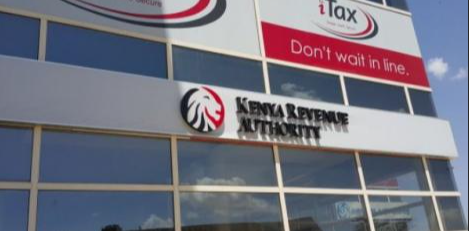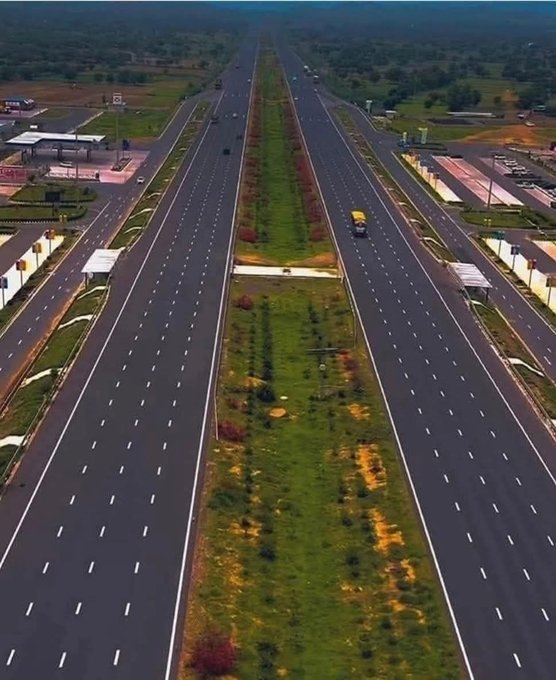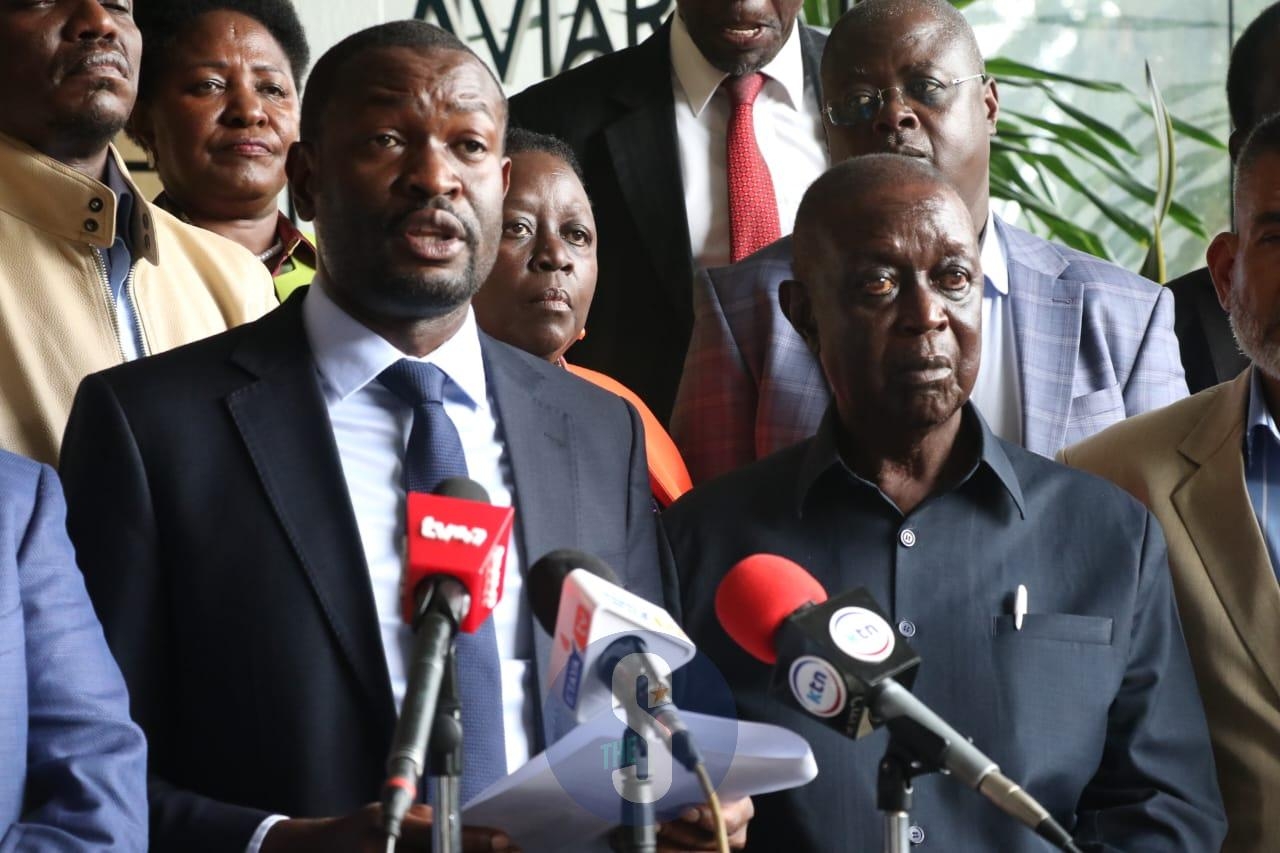

The Kenya Revenue Authority (KRA) has announced a record-breaking performance in customs tax collection.
The tax agency hit an all-time high of Sh85.146 billion in September 2025, the highest ever collected in a single month in the Authority’s history
According to a statement issued by Commissioner, Customs and Border Control, the September performance surpassed the previous record of Sh82.554 billion set in January 2025.
It exceeded the month’s target of Sh81.341 billion by Sh3.8 billion, representing a performance rate of 104.7 percent.
“This outstanding performance demonstrates KRA’s sustained progress in revenue mobilization and efficiency gains across customs operations,” the Commissioner said.
KRA said the record collection reflects a year-on-year growth of 18.8 percent compared to the same period in 2024, with strong contributions from both trade taxes and petroleum levies.
Trade taxes brought in Sh51.737 billion against a target of Sh50.739 billion, marking a 22.1 percent growth from last year and a performance rate of 102 percent.
Meanwhile, petroleum taxes achieved a remarkable 109.2 percent performance, raising Sh33.408 billion against a target of Sh30.602 billion.
The tax agency attributed the improved performance to a series of ongoing institutional and technological reforms aimed at enhancing transparency and sealing revenue leakages.
Among them is the creation of a Central Release Operations Office, which uses a randomised digital allocation system for cargo verification and release.
Under the model, verification officers stationed centrally assign clearance duties to different release stations, reducing opportunities for human interference and ensuring faster, fairer decisions on goods clearance.
The system, which was introduced in 2024, has shortened cargo release turnaround times at ports and border points, boosting compliance and efficiency.
“The new verification system has minimised human contact, improved turnaround time, and closed potential revenue loopholes,” KRA noted.
The customs department’s performance has been a key pillar of the Authority’s broader tax strategy. In the 2024/25 financial year, customs revenue accounted for about 34 percent of Kenya’s total tax collections, according to KRA data.
The strong September showing comes at a time when Kenya is working to boost domestic revenue amid mounting fiscal pressure and limited borrowing space.
Economists have linked the surge in customs taxes partly to increased imports of fuel, machinery, and consumer goods, as well as the steady depreciation of the shilling, which raises import duty values when converted to local currency.
The record comes as KRA marks 30 years since its establishment in 1995 and continues implementing the Revenue Service 3.0 transformation agenda, an initiative that seeks to digitalise tax administration, improve taxpayer experience, and expand the tax base.
In August, KRA reported overall revenue growth of 10 percent for the first quarter of the 2025/26 financial year, buoyed by stronger customs and domestic VAT collections.
The Authority has been under pressure to meet the government’s ambitious annual target of Sh2.9 trillion in total revenue collection.
KRA reaffirmed its commitment to sustaining the positive momentum, saying that efficient tax mobilisation remains crucial to financing Kenya’s economic recovery and development agenda.
“These results underscore our unwavering commitment to continuously improve systems and processes to meet revenue targets consistently,” the statement added.
The Authority urged traders to continue complying with tax laws, assuring them of faster and more transparent clearance processes.













